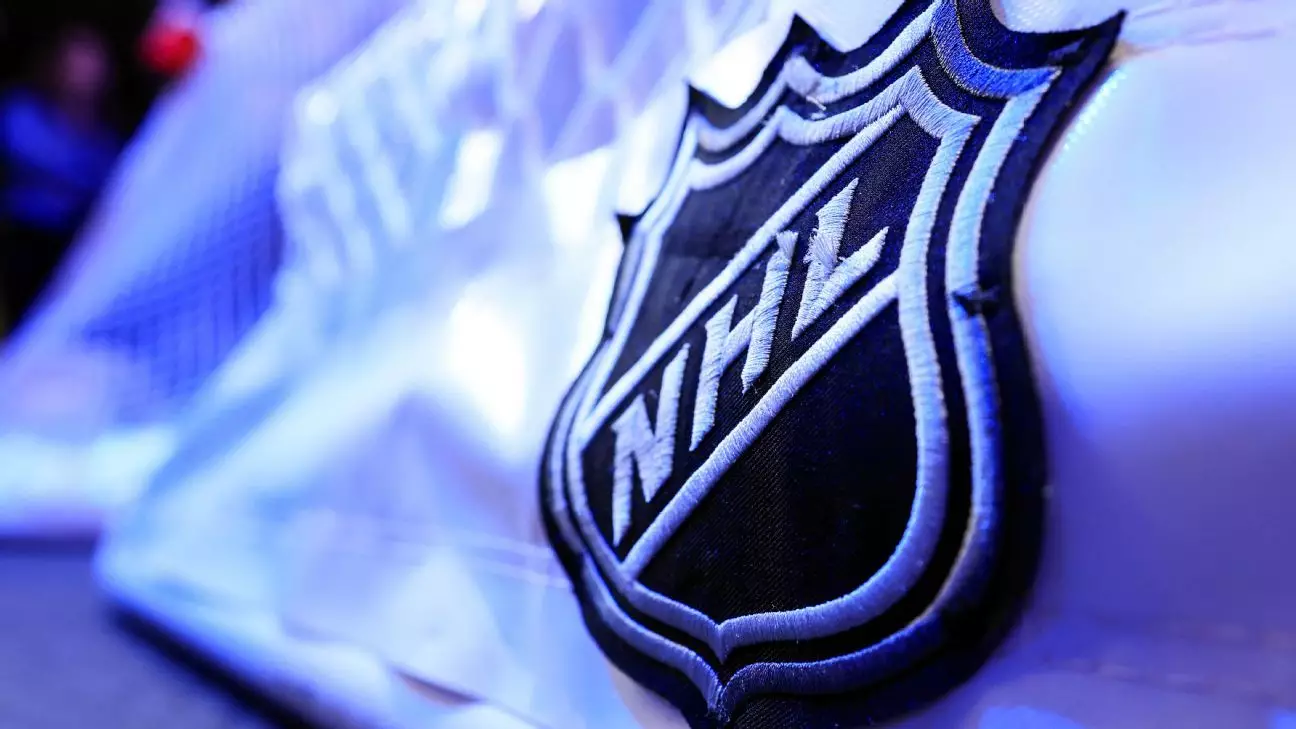In an intriguing and somewhat controversial dialogue between Presidents Donald Trump and Vladimir Putin, the prospect of organizing hockey matches between the United States and Russia emerged recently. This conversation, as reported by the Kremlin, signifies more than just a game; it encapsulates the complexities of diplomacy and cultural exchange, using sports as a potential bridge over political divides. It’s a fascinating concept that highlights how national pastimes might sometimes overshadow bitter geopolitical tensions.
Hockey has often acted as an informal diplomat, creating an unexpected platform for dialogue between nations with varied and often conflicting interests. The idea of U.S.-Russia hockey games serves not only as a vehicle for promoting international camaraderie but also calls into question whether sports can genuinely transcend politics in today’s climate. The NHL, however, maintained neutrality, refraining from commenting on the fallout of this conversation, a typical stance for a league that has always preferred to steer clear of the turbulent waters of international politics. Their response illustrates a crucial point: sports leagues must navigate carefully to avoid being ensnared in the political arena, particularly when stakes are as high as they are now.
The Ice Melts: Diplomatic Isolation of Russian Hockey
The relationship between the NHL and Russia has drastically changed since the geopolitical upheaval initiated by Russia’s invasion of Ukraine. Following the onset of the conflict, the NHL suspended all interactions with the KHL—Russia’s primary professional league—and ordered its teams to sever ties with Russian agents. This decision underscores the profound impact that international relations can have on cultural exchanges, including sports, reflecting how a nation’s policies can freeze out even its most beloved pastimes.
Russia and Belarus have been barred from participating in international hockey events by the International Ice Hockey Federation (IIHF), a decision driven by security concerns. This ban has far-reaching implications that extend through upcoming competitions, including the 2026 Winter Olympics in Milan. While the IIHF has emphasized the necessity of maintaining a security-first approach, the exclusion of these nations from international tournaments raises ethical questions about the role that sports can—or should—play in geopolitical disputes. Can we legitimately argue that sports should be a unifying force when the actions of a government risk undermining that idea?
A Game Played or a Game Politicized?
Trump’s comments regarding Team USA before their 4 Nations Face-Off championship match against Canada further illustrate how sports have become embroiled in political discourse. His phone call—intended to boost morale—transpired during a politically charged atmosphere, where tariffs and national identity loomed over the tournament. The tension manifested itself in audience reactions, as national anthems were met with boos, revealing how sports can become a backdrop for broader national sentiments, both positive and negative.
The culture of hockey itself does not merely reflect competition on the ice; it mirrors the attitudes and feelings of the populations it represents. Canadian players, feeling the weight of expectation from their nation, transitioned the event into a defining moment not just for themselves but for their entire country. Team Canada’s coach Jon Cooper underscored this sentiment, illustrating that sports figures often carry more than just personal stakes—it’s about representing a collective consciousness.
The Future of Sports Diplomacy
While attempts to organize U.S.-Russia hockey matches symbolize a potential thaw in diplomatic relations, one must gauge the likelihood of such collaborations against the background of current political realities. The future of sports diplomacy lies in its ability to foster communication between nations while recognizing its limitations. While hockey may serve as a potent form of soft power, it certainly cannot resolve the underlying issues that fuel discord.
As global dynamics shift and adapt, the realm of sports will invariably play a role. But with that opportunity comes significant responsibility. What will it take for the international community to engage in genuine dialogue through sports? Or is the idea of hockey diplomacy merely a fleeting thought, caught in the crosshairs of larger conflicts? One thing seems certain: the ice may be there, but the melting process—while beautiful—remains fraught with complexities.


Napsat komentář